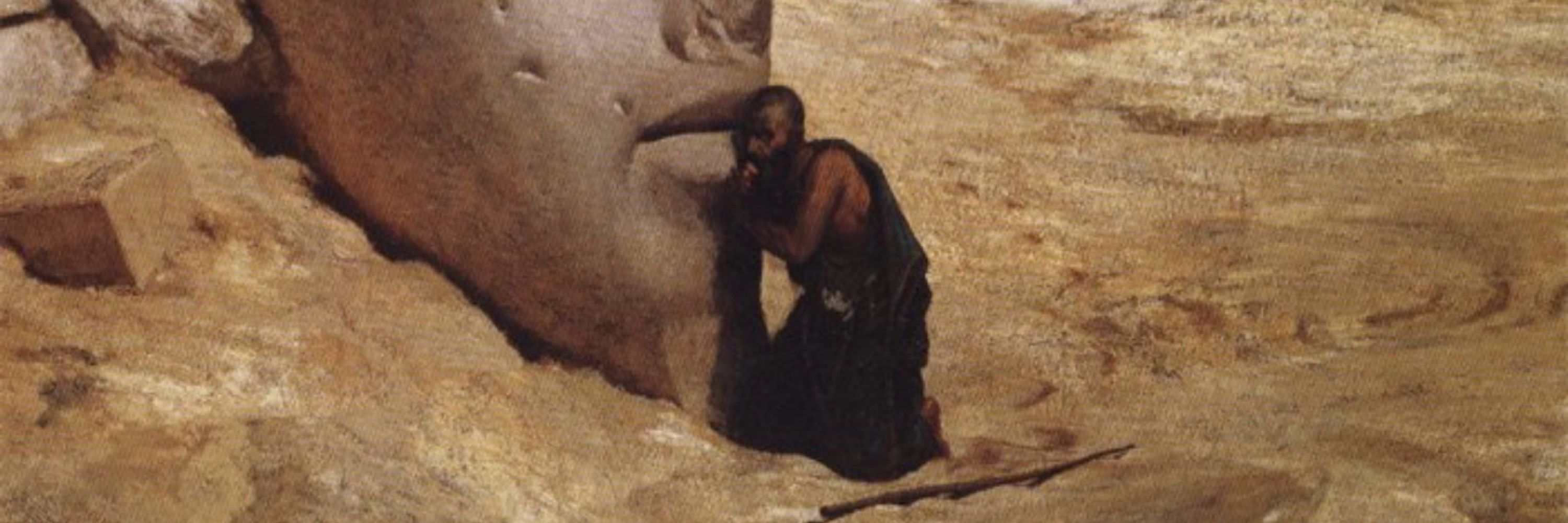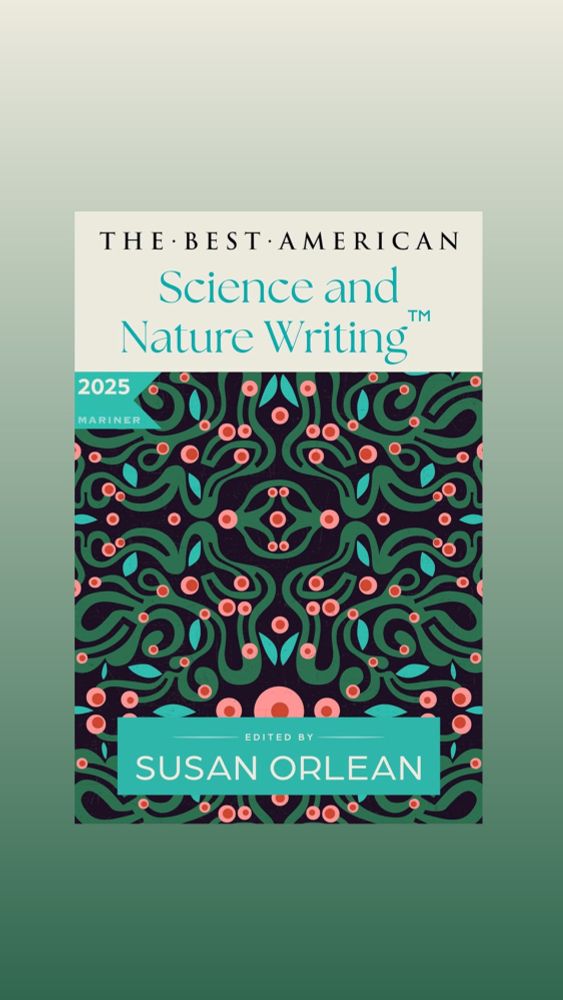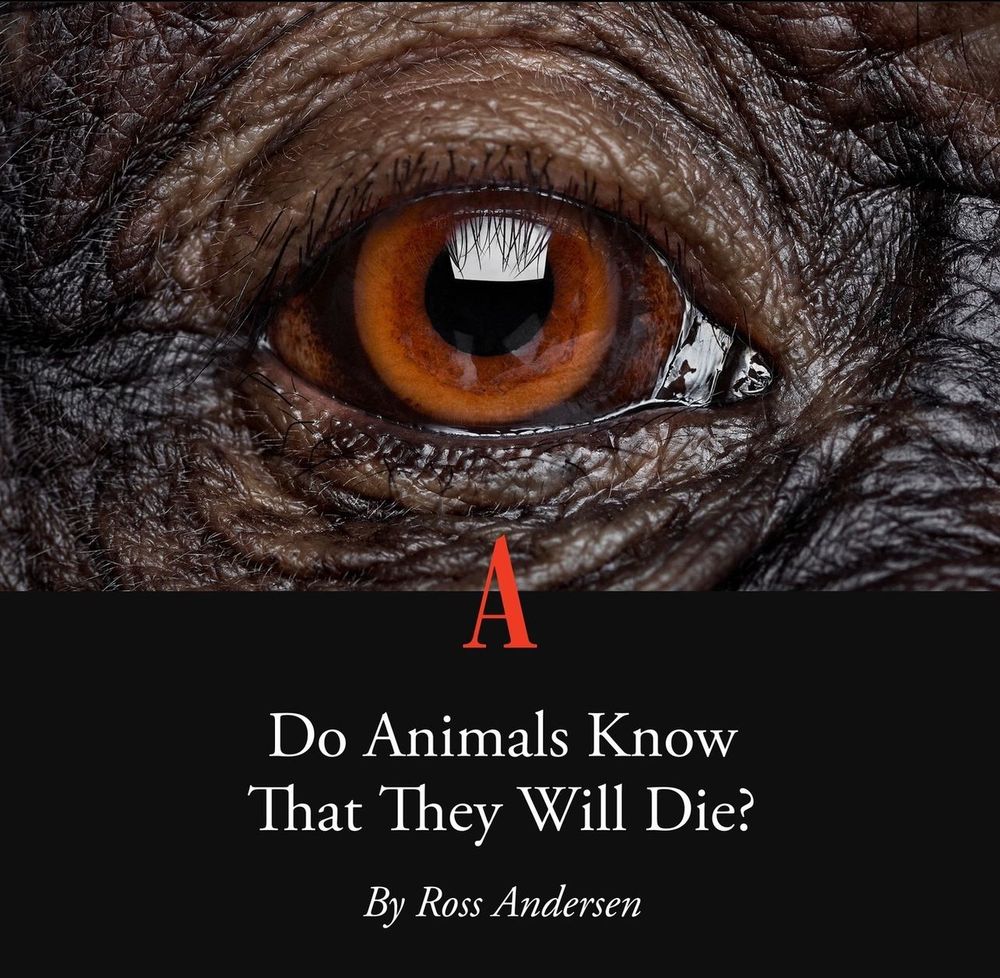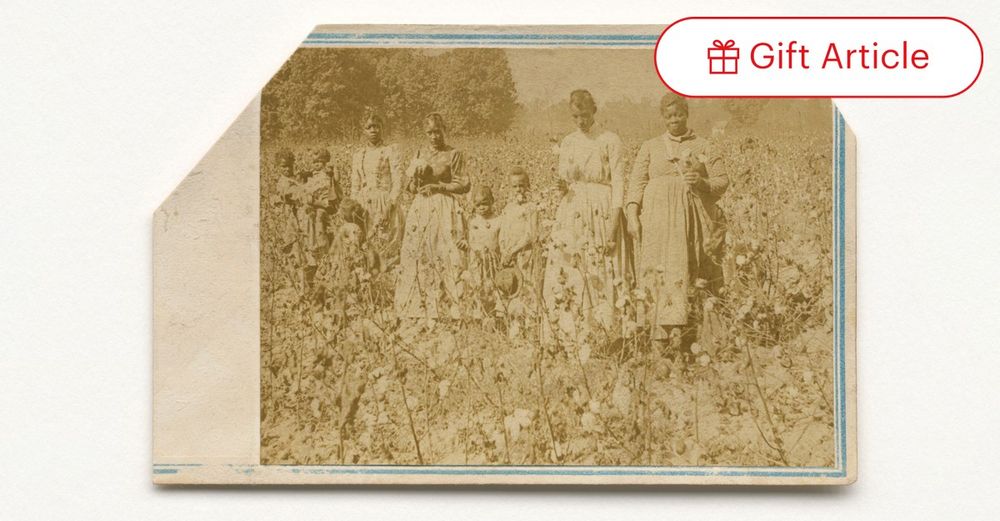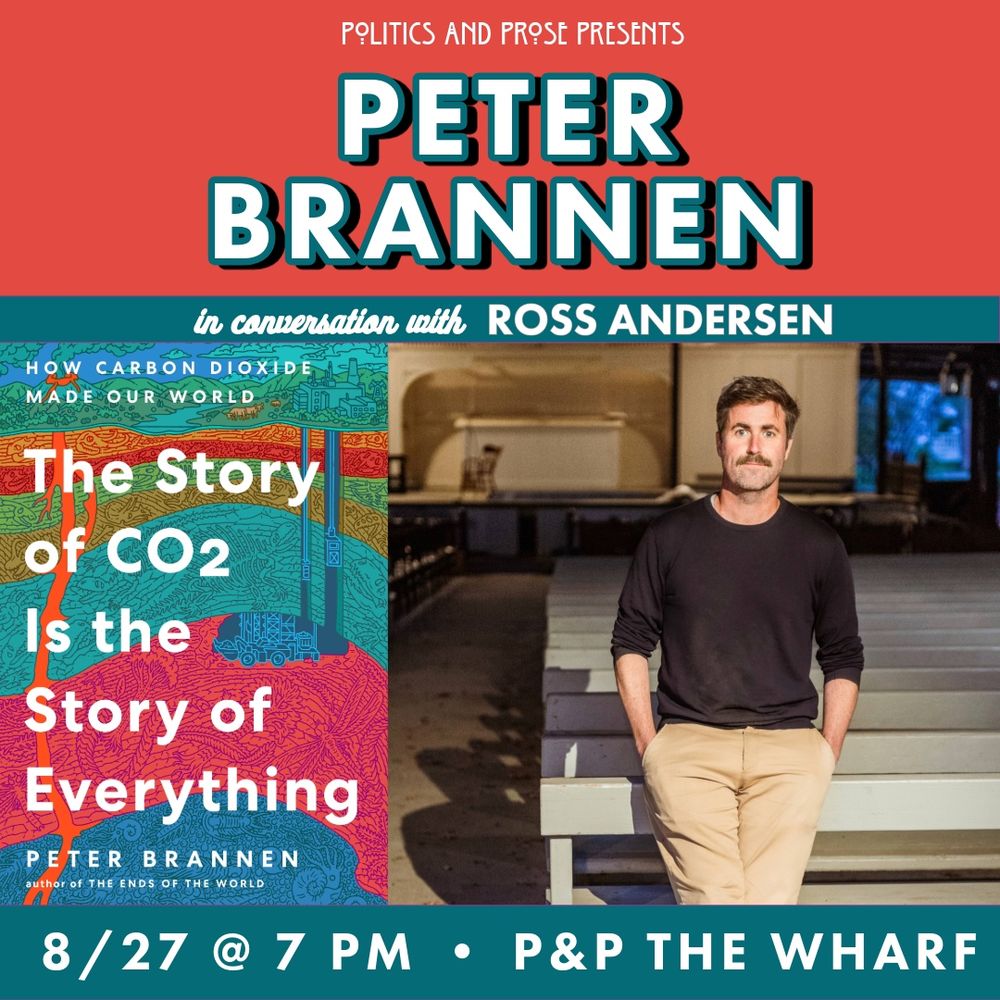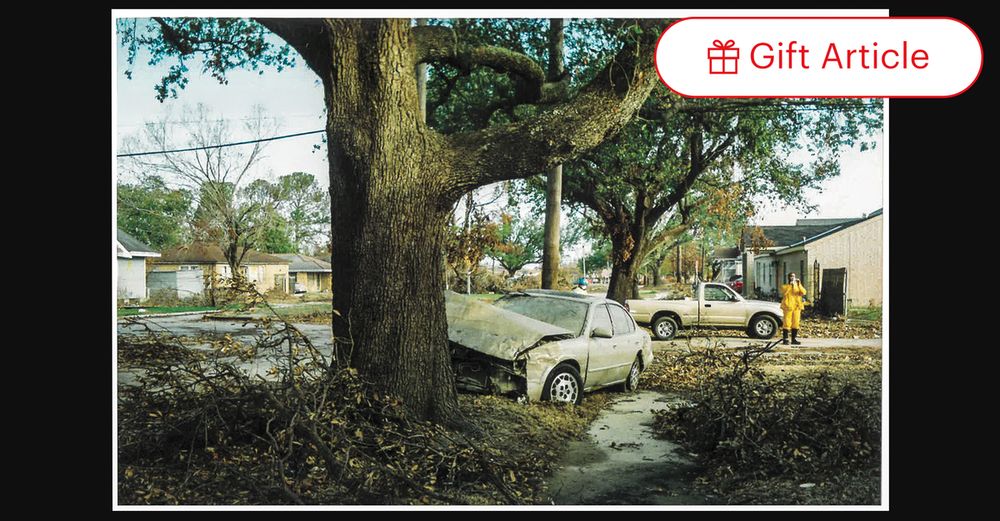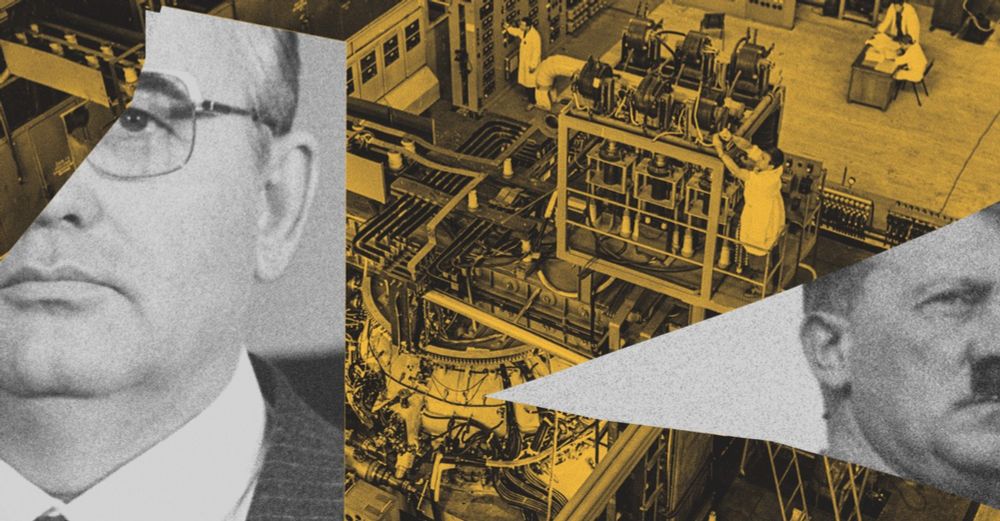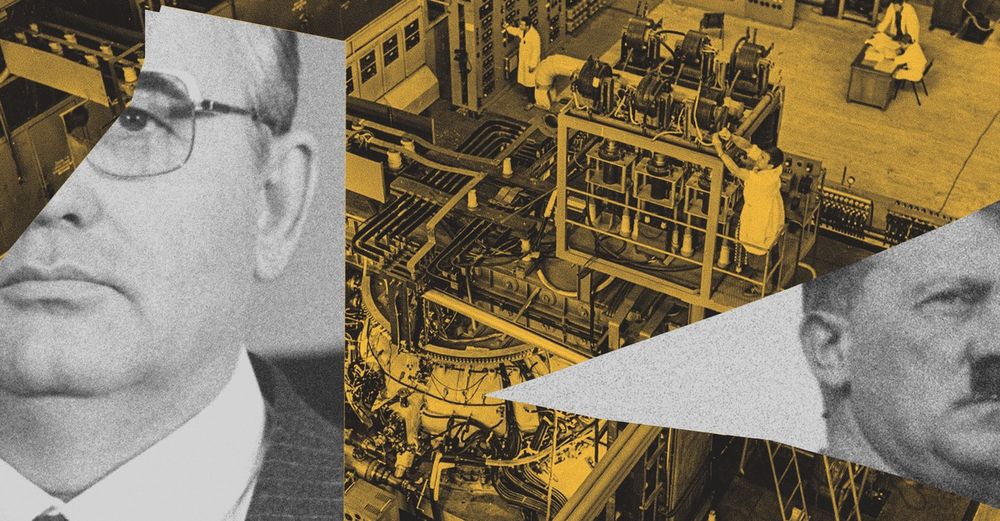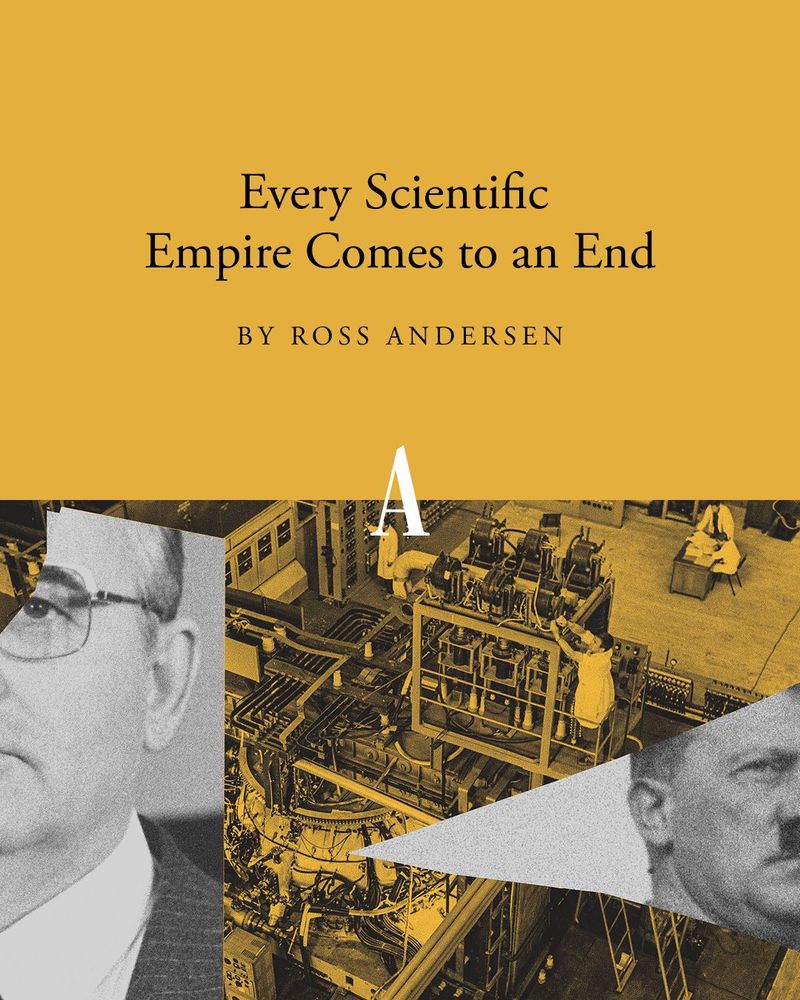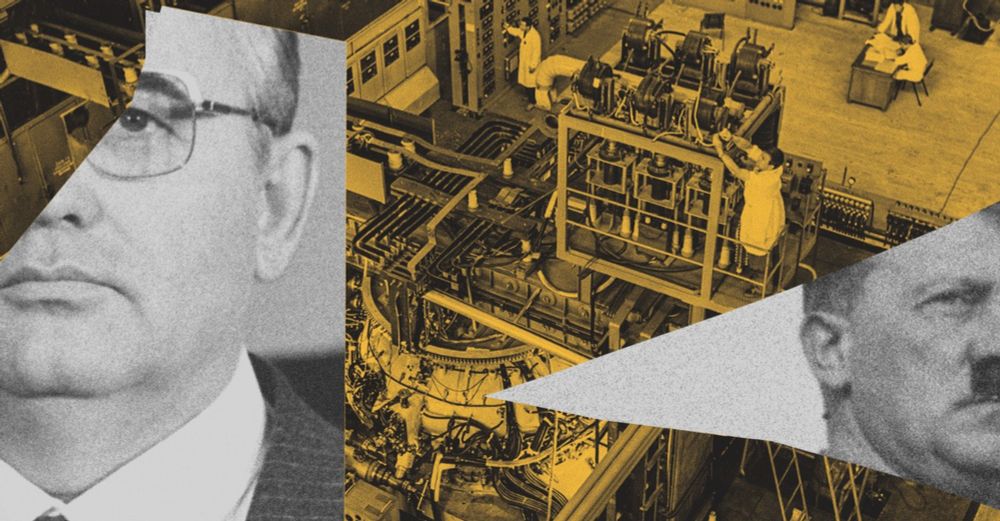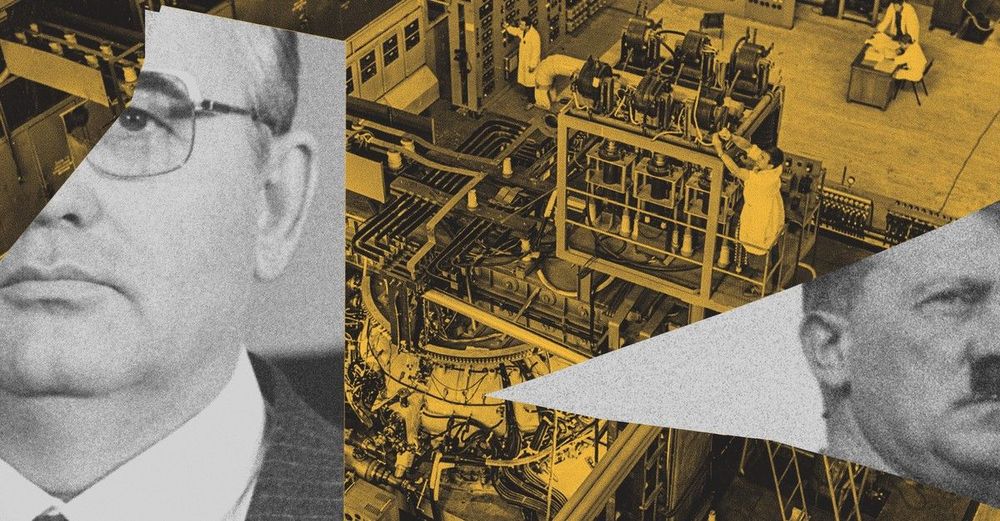Ross Andersen
@rossandersen.bsky.social
28K followers
530 following
110 posts
Staff Writer at The Atlantic // Working on a book for Random House // Rep’d by Elyse Cheney // [email protected]
Posts
Media
Videos
Starter Packs
Pinned
Reposted by Ross Andersen
Reposted by Ross Andersen
Reposted by Ross Andersen
Reposted by Ross Andersen
Reposted by Ross Andersen
Reposted by Ross Andersen
Reposted by Ross Andersen
Reposted by Ross Andersen
Reposted by Ross Andersen
Reposted by Ross Andersen
Reposted by Ross Andersen
Scott Stossel
@stossel.bsky.social
· Jul 31
